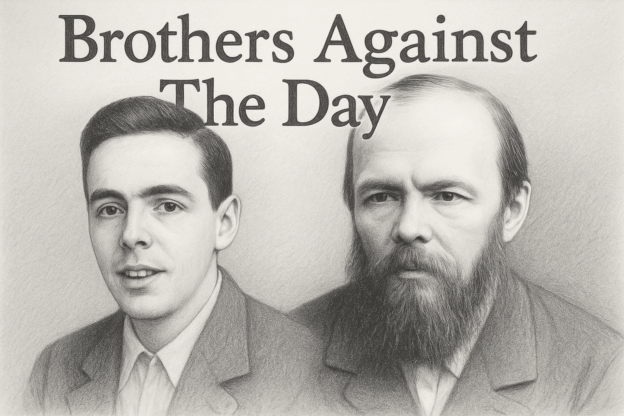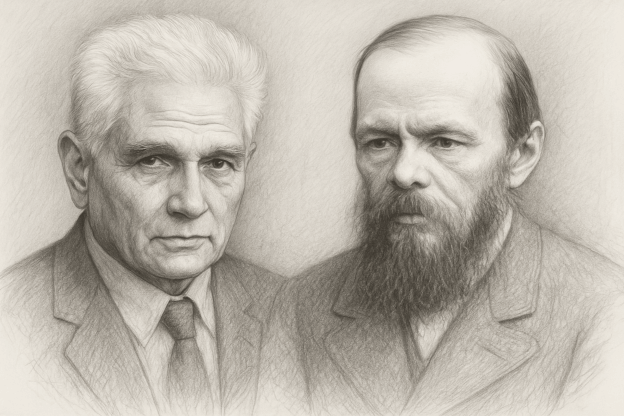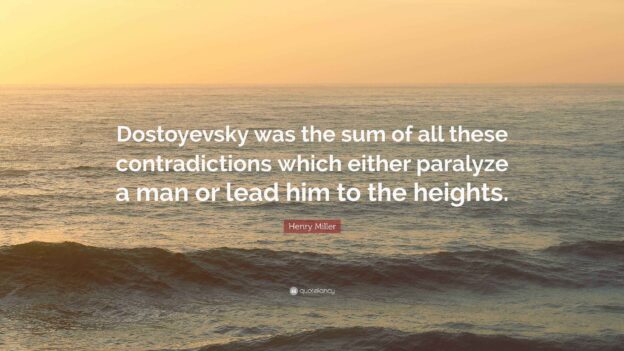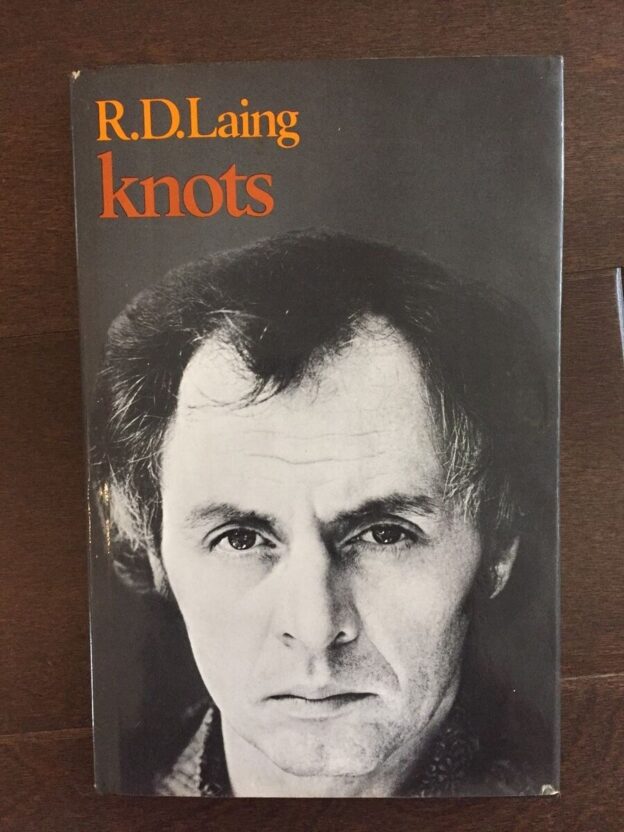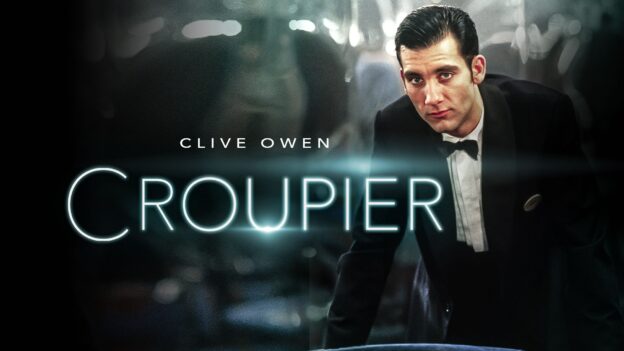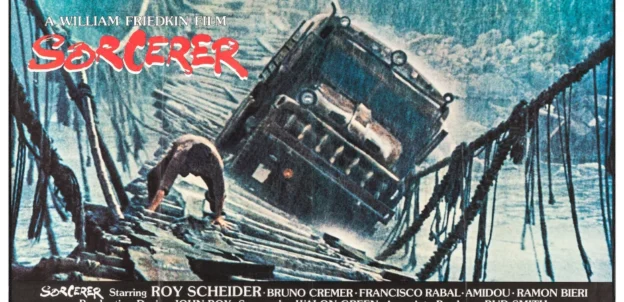This article delves into the uncharted territories of human survival, morality, and existential dread through a comparative analysis of Warlock by Oakley Hall, Blood Meridian by Cormac McCarthy, the film Sorcerer, and Been Down So Long It Looks Like Up to Me by Richard Fariña. Although set in vastly different landscapes and eras, from the lawless American West to the countercultural 1960s and the brutal South American jungle, these works converge on themes of rebellion, chaos, and the limits of human endurance. Through shared influences and resonant themes, this article unravels how each narrative confronts the human struggle for meaning in worlds that seem determined to thwart it.
Continue reading →
